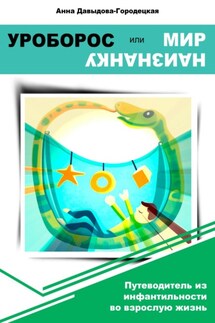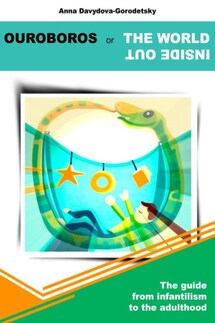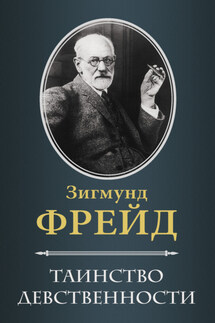Ouroboros or the world inside out - страница 17
Chapter 2. Reference pattern. Full-value. Inferiority
In the distorted world of Ouroboros, happiness and unhappiness are defined differently than in the world of a psychologically mature adult. Splendor and superiority over others are seen as «happiness» and lead to euphoria, while feelings of inadequacy, arising from comparisons with those perceived as better, are seen as «unhappiness» and lead to despondency. For example, if I have a Mercedes-Benz and my neighbor has a Lamborghini, I feel wretched and unhappy. Conversely, if I have the Lamborghini and my neighbor has the Mercedes-Benz, he feels wretched, and I feel magnificent and happy.
This simple example illustrates the states between which an infantile personality endlessly oscillates. Such a person can only experience brief bursts of euphoria when someone perceived as worse is nearby. Sustainable mental comfort is unattainable because there is always someone perceived as better in some way (prettier, richer, smarter, more successful, talented, sexier, etc.).
A woman who cannot build a relationship, while others can, feels inferior. If she builds one in the future, she will feel complete and «happy». Another woman felt complete in the past when she had one healthy child. When a child was born who did not meet her expectations, she felt incomplete and longed for her past sense of completeness. The first woman dreams of a future where she feels complete, while the second woman constantly reminisces about her past completeness. Both punish themselves in the present for not being able to achieve their ideal state, which is the essence of auto-aggression. Since they feel incomplete now, they devalue themselves and everything around them, believing only completeness is valuable – this is the essence of devaluation. When the desired state is achieved, auto-aggression will cease, and anguish will recede. For the first woman, this is only possible in the future, and for the second, it was (or seems to have been) in the past. In the present, there is only auto-aggression and devaluation. This is how ouroboric inferiority is experienced.
The infantile personality cannot achieve stable inner full-value because it cannot connect with its reference pattern. However, the reference pattern existing in the psyche is supported by the illusion that it will eventually become a reality, leading to true, sustainable full-value. As long as this reference is not reached, which is always the case, the basic state of the ouroboric personality is inner inferiority. Against this backdrop of persistent inner inferiority, there are oscillations between ouroboric superiority and ouroboric vulnerability. Which state dominates at any given moment depends on who the individual compares themselves with – if they compare themselves with someone they perceive as worse, they feel superior; if they compare themselves with someone they perceive as better, they feel vulnerable.
For example, if a woman fantasizes about being beautiful, rich, having high social status, and being popular with men, her illusory dream will be to «own» a man of status and wealth who will fulfill all her desires, like a «goldfish». She believes that by uniting with this ideal self from her dreams, she will find inner full-value and become «happy». This woman will experience euphoria from receiving money, praise, attention, and sympathy, or even better, from falling in love with a high-status man. These experiences help her achieve a state of superiority, which her psyche labels as «happiness». What each person considers «happiness» depends on the ideal scenario of their life, i.e., their reference pattern.







